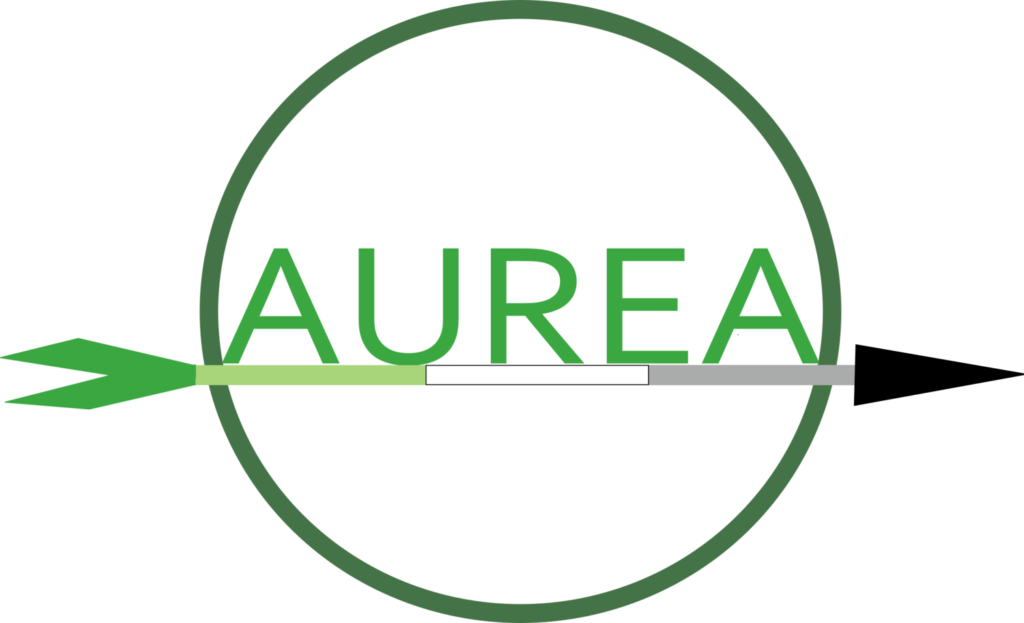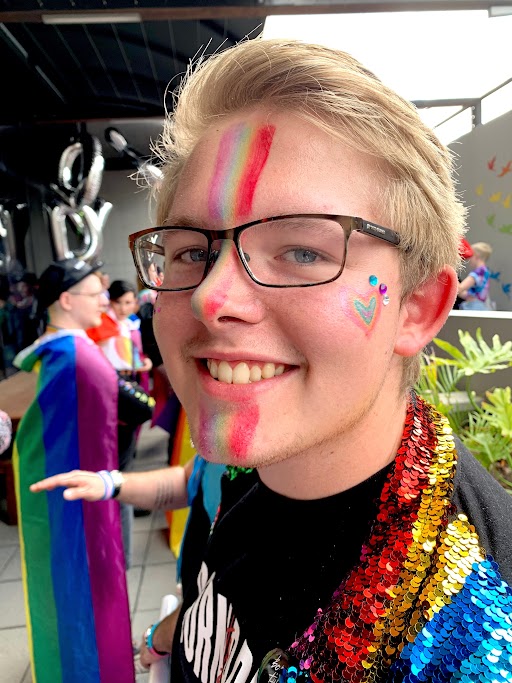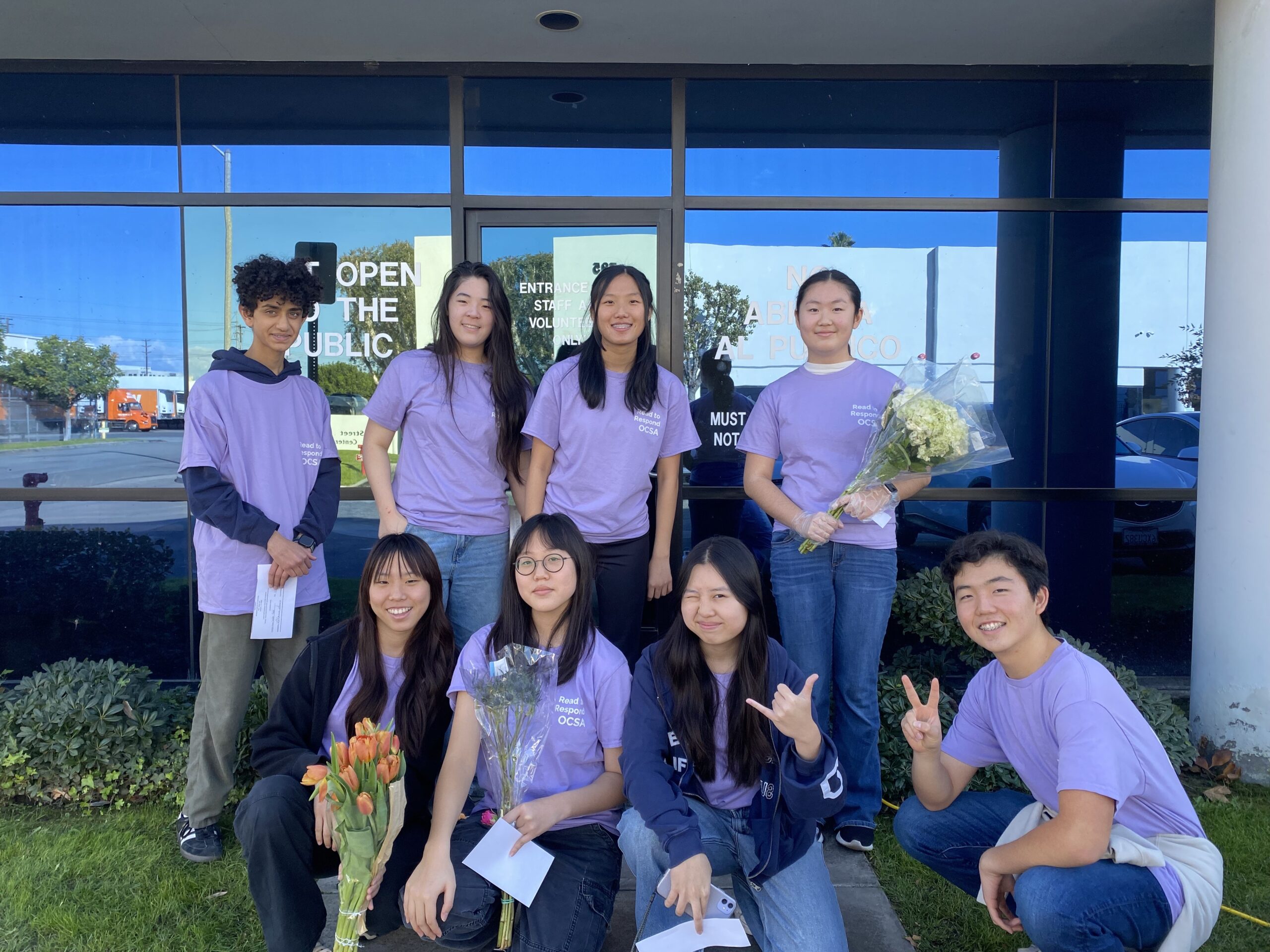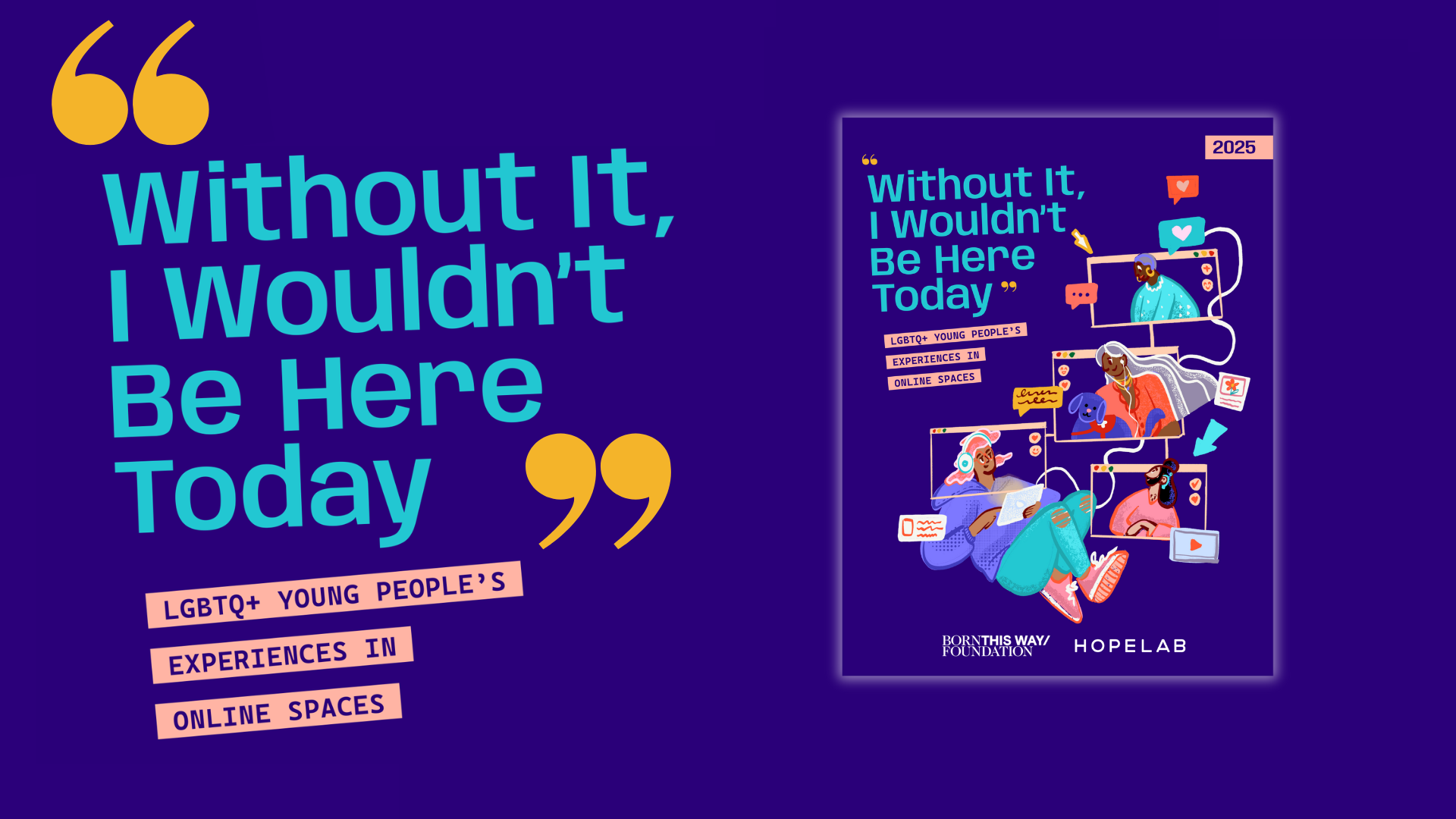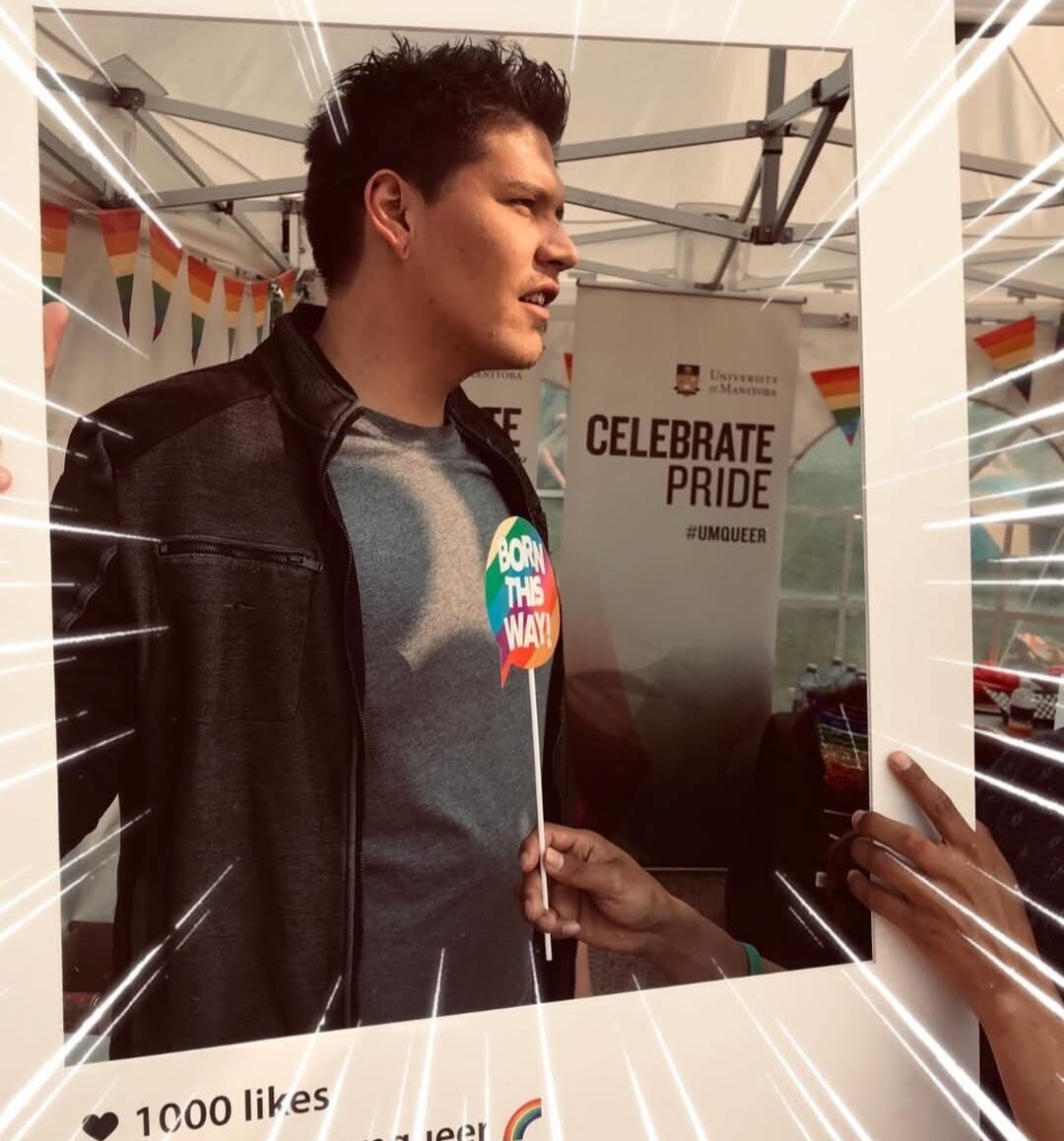I had the opportunity to interview Alex, an advocate representing AUREA (the Aromantic-spectrum Union for Recognition, Education, and Advocacy).
James: Hi Alex! What are your pronouns?
Alex: My pronouns are they/them 😊
James: You identify as “aromantic,” which is a term that not many people may know about. Did you want to tell us a little about what aromanticism means to you?
Alex: Aromanticism is a romantic identity. Similar to sexuality, but for romance. It is at its base someone who doesn’t experience romantic attraction, or has a non-standard relationship with romance or romantic attraction.
James: What might aromanticism “look like” in the world?
Alex: For myself, I am in a polyamorous relationship with my partner. From the outside my relationship looks fairly romantic, but for others it might look more like a friendship. There is something called a “Queer Platonic Relationship,” and its only defining feature is that it doesn’t have romance, but it has connection and commitment. Aromantic relationships, and QPRs in particular, tend to be deeply personal and can’t really be defined to a specific definition.
James: What do you want the world to know about aromanticism?
Alex: That we exist! We’re here. It’s been really difficult making people aware of us. Especially because asexuality has been picking up so much steam – which is amazing! – but a lot of people fold aromanticism in with it which isn’t true. They are separate communities with separate experiences and whilst they can happen together, there are plenty people like myself who are aromantic but not asexual.
James: What can LGBTQI+/Queer people do to better support aromantic people?
Alex: I think the biggest thing is to stop centralising the idea of romantic love in your queer activism. I love “love is love” as a slogan as much as the next person, but that’s not what being LGBTQI+ is. We need other things, like rights and support! By focusing on romantic love, we are alienating aromantic people as well as trans people whose queerness may come only from their gender identity. So please, celebrate queer love. But don’t make it everything you stand for.
James: When did you first become an advocate?
Alex: I started a couple years ago. I learned about aromanticism and came out through Tumblr initially. Aromanticism is very much an online community particularly because it’s the easiest way to learn about it. I wanted to give back to this community, so I started a community blog talking to others. Then I learned about AUREA—Aromantic-spectrum Union for Recognition, Education and Advocacy—an organisation who wanted to be the first big aromantic organisation. I reached out and started with smaller things, which grew to me being a full-time member! Now my activism is starting to move towards “active” activism, as funny as that sounds. In Aromantic Spectrum Awareness Week 2021 the city of Yarra in Melbourne, Australia raised the aromantic flag and as a part of that, I got invited to speak on the radio about what aromanticism means – which was incredible!
James: What’s been your proudest moment as an activist?
Alex: The radio interview is up there for sure! But my biggest was receiving the nomination for the activist of the year award at the Brisbane Queen’s Ball (fun fact: the Queen’s Ball is the world’s longest running queer event!). My experience with the LGBTQI+ community has been coloured by the traumatitizing words of exclusionists, who particularly don’t think aromantic or asexual people should be involved in this community. So to be nominated by LGBTQI+ people, as an aromantic person doing aromantic activism, was just immensely validating. I don’t even mind that I didn’t win…it really was truly an honour to just be nominated.
James: What’s next for you and your advocacy?
Alex: I am currently working on a few projects. The first is with you on the world’s first academic study into what aromanticism is which is really exciting. AUREA has also been invited to write a book on aromantic experiences. It’s going to contain stories, a bit of history, and will serve as a really great introductory guide to aromanticism.
James: What does kindness and bravery look like to you?
Alex: Kindness is people giving me a chance to speak up—people recognising me and giving me the opportunity to educate people about things. Bravery is the bravery I have to do just that! It is very scary talking about something that almost no one knows about. To be an expert on something brand new. Not because you put effort into it and studied it, but because it’s what you are and almost no one else has heard of it. It’s a little terrifying! Especially as, when you speak, you feel like you’re a spokesperson for an entire community and have the responsibility to showcase the best of it. But I’m just one person and I can’t represent everyone, only myself… and there is bravery in standing up and being myself.
